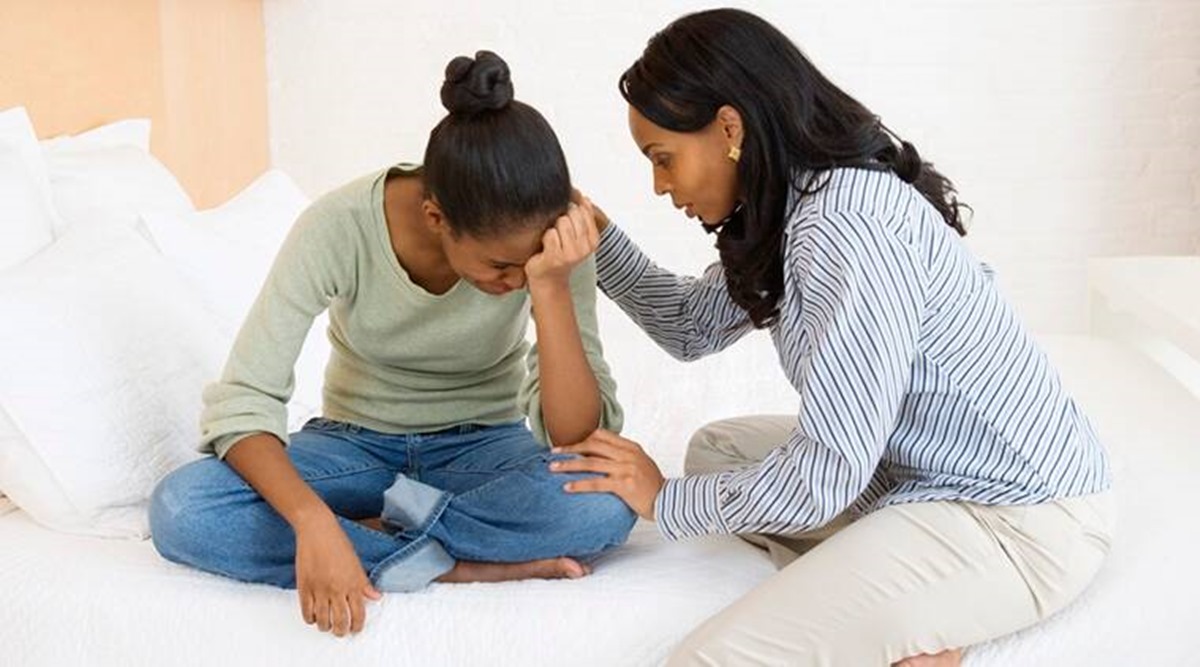How can we prevent suicides among young people? All you need is a chance to reach someone who cares to listen: a relative, a friend, a colleague. That emotional support could change the trajectory of the patient’s thought process and nurture them back to life.
Helpline numbers
All of us experience periods of sadness and joy throughout our lives. However, if feelings of sadness and grief have become unbearable and intense, and you feel hopeless or helpless, contact a suicide crisis helpline for help. Calls can be made to the SNEHA Suicide Prevention Helpline No: +91 44 2464 0050, the Sangath Telecounselling Helpline No: +91 11 41198666, the Rehabilitation Helpline of Kiran National Mental Health number 1800-599-0019, Samaritans Helpline number +918422984528, +918422984529, +918422984530, Connecting NGO, Distress Helpline number 99220-01122/99220-04305.
Warning signs
Being able to identify the signs that you are struggling to cope with can help you access support. Some signs that you are on edge may include feeling like there is no other solution to problems other than suicide, not wanting to be around your friends and/or family, or thinking that they would be better off without you. Experiencing feelings of anxiety or being tense most of the time and/or not wanting to do things you normally enjoy are triggers.
Risk factor’s
Having suicidal thoughts is a sign of deep emotional pain. Extremely stressful or difficult situations such as bullying, discrimination, physical/sexual abuse, loss of a loved one, long-term physical illness or pain, depression or other mental illness, relationship difficulties/breakdown, family conflict, financial/money problems, forced marriage, loneliness/isolation, academic stress, or difficulty adjusting to a major life change can all contribute to a sense of excruciating pain. If you’re not sure why you’re experiencing suicidal thoughts, this might seem even more challenging.
Treatment and therapies
It is important to remember that you are not alone and that support is available to help you through this. It is crucial to remove access to anything that could be used to harm yourself. Making a safety plan, including contact details for loved ones or support services and steps to stay safe, can help. Joining a peer/support group is important to share your thoughts and feelings and understand that there are many like you who are struggling with life’s challenges.
!function(f,b,e,v,n,t,s)
{if(f.fbq)return;n=f.fbq=function(){n.callMethod?
n.callMethod.apply(n,arguments):n.queue.push(arguments)};
if(!f._fbq)f._fbq=n;n.push=n;n.loaded=!0;n.version=’2.0′;
n.queue=[];t=b.createElement(e);t.async=!0;
t.src=v;s=b.getElementsByTagName(e)[0];
s.parentNode.insertBefore(t,s)}(window, document,’script’,
‘https://connect.facebook.net/en_US/fbevents.js’);
fbq(‘init’, ‘444470064056909’);
fbq(‘track’, ‘PageView’);
.
